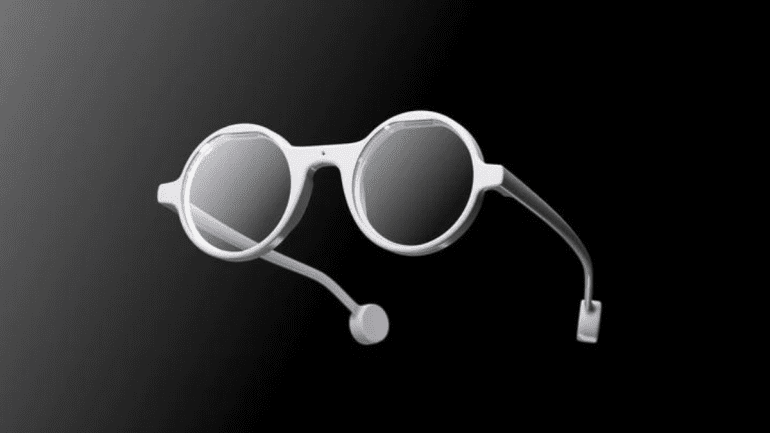- Brilliant Labs introduces enhancements to Frame AR glasses, emphasizing openness and innovation.
- Developer Partner Program launched, providing tools for transparent app creation and distribution.
- Frame now supports a wider range of AI-based apps, including leading language model architectures.
- Interactive features added to AI assistant Noa, enabling audible responses and contextual recommendations.
- Frame now available for global shipping at a pre-order price of $349 until June.
Main AI News:
In a bid to bolster its commitment to openness and innovation, Brilliant Labs has introduced several enhancements to its cutting-edge open-source AR glasses, Frame. Embracing its open-source ethos, the company has rolled out the Developer Partner Program, offering developers a suite of tools to create and distribute apps transparently. These resources encompass Frame’s dynamic living documentation, open source codebase, and comprehensive hardware schematics. To catalyze app development for the AR device, a hackathon is slated for next month, providing a platform for creators to unleash their ingenuity.
Expanding its capabilities, Frame now boasts extended support for AI-based applications. Users can now leverage leading language model architectures (LLMs) such as Anthropic’s Claude 3, Llama 3, and Stable Diffusion. Moreover, Frame is seamlessly compatible with multimodal LLMs like GPT-4o, Perplexity, and Whisper. Complementing this augmented LLM support, the company has introduced interactive features for its AI assistant, Noa. Notably, Noa can now articulate responses audibly, eliminating the need for users to read textual outputs. Introducing a ‘Wild Card Mode,’ Noa can furnish users with historical insights, real-time news updates, and personalized recommendations based on contextual cues from Frame.
In a move aimed at global accessibility, Frame is now available for shipping worldwide. Priced at a competitive $349 during its pre-order phase on the official website until June, Frame presents an affordable entry point into the realm of augmented reality.
Bobak Tavangar, co-founder and CEO of Brilliant Labs, expressed enthusiasm about the widespread availability of Frame, stating, “We’re thrilled to empower developers worldwide with Frame. Glasses represent the quintessential form factor for an AI device, offering hands-free functionality that seamlessly integrates with users’ sensory experiences. By championing an open-source model, we’re fostering a collaborative ecosystem that democratizes innovation. In this era of embodied AI, prioritizing trust, privacy, and openness is paramount. We envision a future where the power of these transformative technologies lies in the hands of the communities shaping their evolution.”
Conclusion:
The enhancements unveiled by Brilliant Labs for its Frame AR glasses underscore a significant shift towards openness and collaboration in the augmented reality market. By embracing an open-source ethos and providing robust developer tools, Brilliant Labs is fostering an ecosystem where innovation thrives. The expanded support for AI-based applications and the introduction of interactive features further solidify Frame’s position as a versatile and accessible platform for augmented reality experiences. This move not only expands the potential user base for AR technology but also sets a precedent for industry-wide collaboration and innovation in the realm of wearable AI devices.

